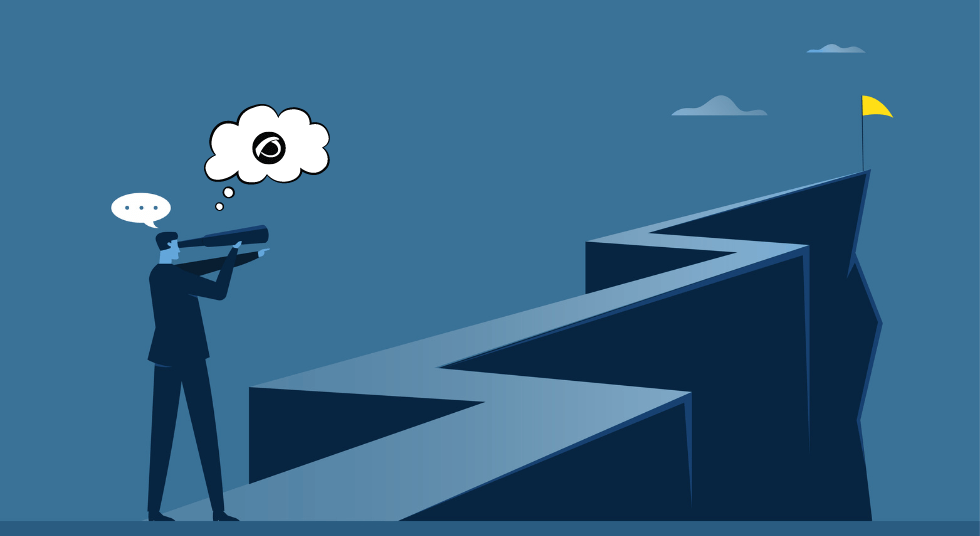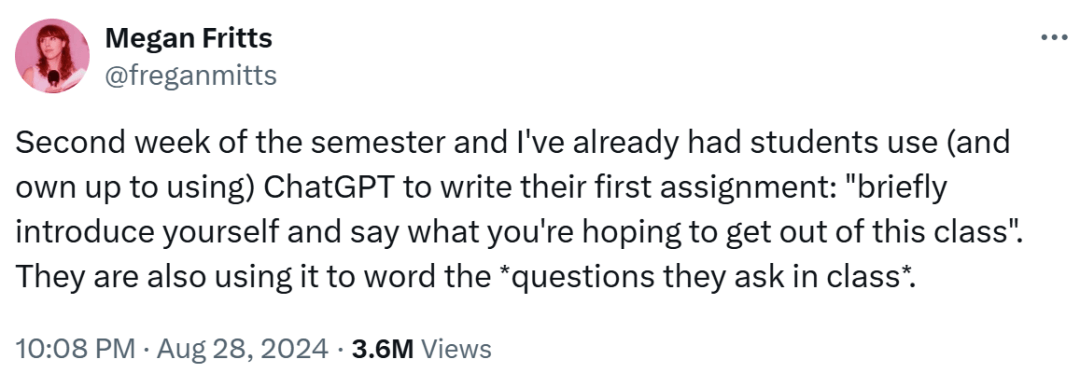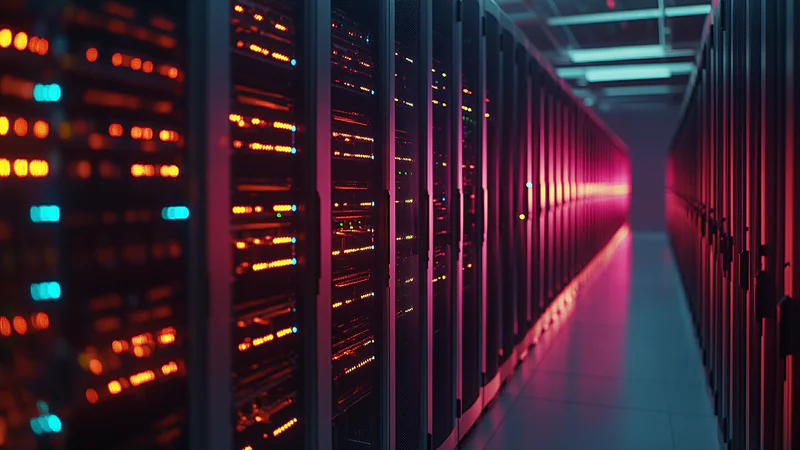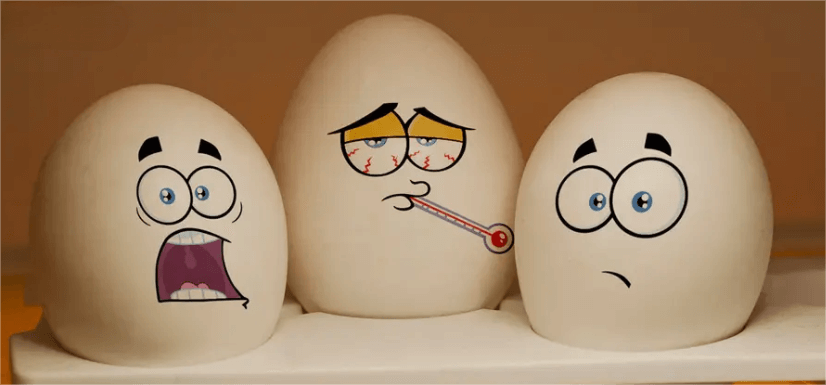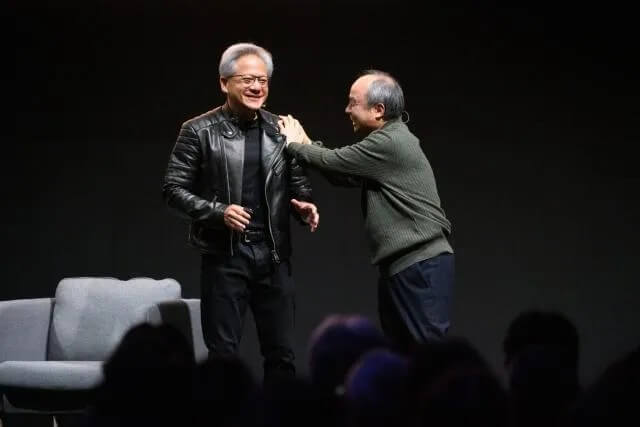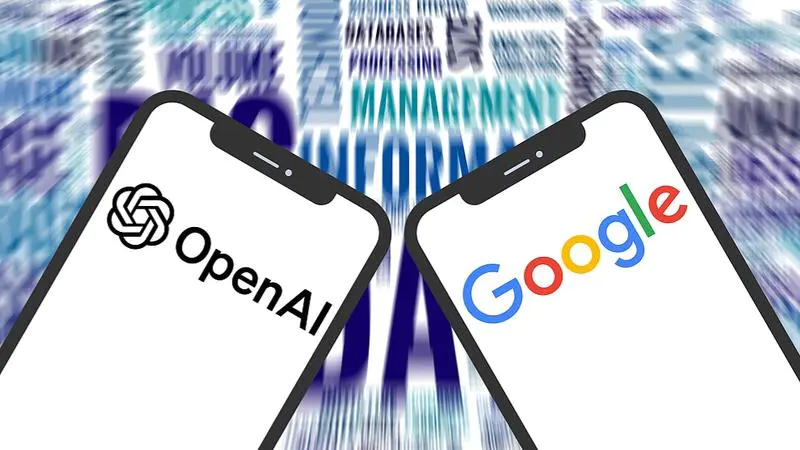As long as I keep reading, I can better understand my pain and face my ignorance, narrow-mindedness, biases, and darkness head-on. Reading is a deeply personal experience, and the value of a book isn't determined by others but by what we gain from it. So, what books should we read, and how should we approach reading? Here’s my perspective based on my own journey.

What Books Should We Read, and How Should We Read Them?
As long as I continue to read, I can confront my own pain, ignorance, narrow-mindedness, biases, and darkness head-on, dismantling them one by one.
To be honest, sometimes when I see the book reviews on the cover, I start doubting myself, even wondering if I’m reading terrible books. However, I remind myself that the books I share are high-quality ones that I've genuinely enjoyed and that have significantly impacted my life. The changes I’ve made over the past few years are largely thanks to these books.
1. What Books Should We Read?
I’ve always believed that reading is a deeply personal activity. Whether a book is good or bad, whether it's "trash" or not, isn't for others to decide.
We have to read, feel, and understand for ourselves. As long as we learn something from it, even if it’s just one small thing, it’s not a waste.
So, what books should we read? We get to decide for ourselves. How should we read? That’s also up to us.
Here’s an example from my own experience: I used to dismiss books on nutrition, thinking “eating is meant to be enjoyed,” and that most nutrition books weren’t very helpful. However, after a few months of frequent hospital visits, I started reading several books related to nutrition. Many of the ideas and practical advice in them turned out to be valuable and worth incorporating into my life.
My current attitude toward reading is simple: if I find a book useful, I read it. I’ve also developed a straightforward approach—if I don’t like a paragraph, I skip it. If I don’t like a book, I switch to another one.
2. Why Do We Read?
This is an age-old question with many answers: to expand our knowledge, to cultivate ourselves, to gather inspiration, to improve our writing... But no matter the reason, reading is the most cost-effective way to improve ourselves.
However, reading doesn’t provide instant feedback, nor does it produce immediate results.
It’s possible to read 10 books and still not solve life’s problems, to read 100 books and not gain an air of intellectual elegance, or to read 2,000 books and still not become a masterful writer.
Reading is more like “broadly observing while selectively learning, accumulating knowledge to ignite future growth.” Although it doesn’t have immediate effects, the practice of reading is like planting seeds in our soul. One day, those seeds will sprout, bloom, and bear fruit.
We learn a new perspective;
We discover an intriguing phrase;
We pick up a new way of thinking...
Every book we read holds something to look forward to.
3. My Reading Methods
① Read the Book Summary
Deciding whether or not to read a book isn’t based on its title, cover, or someone else’s recommendation. Before diving into a book, I first check its summary. This helps me avoid wasting time on books that may not be useful to me.
② Look for Reviews
I mainly look for resonance and connection to enhance my reading notes. Reviews can also provide insights that I may not have considered.
③ Record Excerpts
Many people think it’s pointless, but I thoroughly enjoy it. Recording book excerpts feels like collecting seashells on the beach—the more you collect, the richer you become. These striking phrases or relatable passages, when accumulated, become resources you can revisit and draw upon.
④ Annotate
I don’t often read physical books, but when I do, I like to highlight key points or places where I feel a connection. For e-books, I enjoy using different colored highlights and notes. Annotating gives me a sense of fully digesting the material, and it’s also convenient for future reference.
Reading is a journey of self-discovery, self-improvement, and self-enlightenment.

